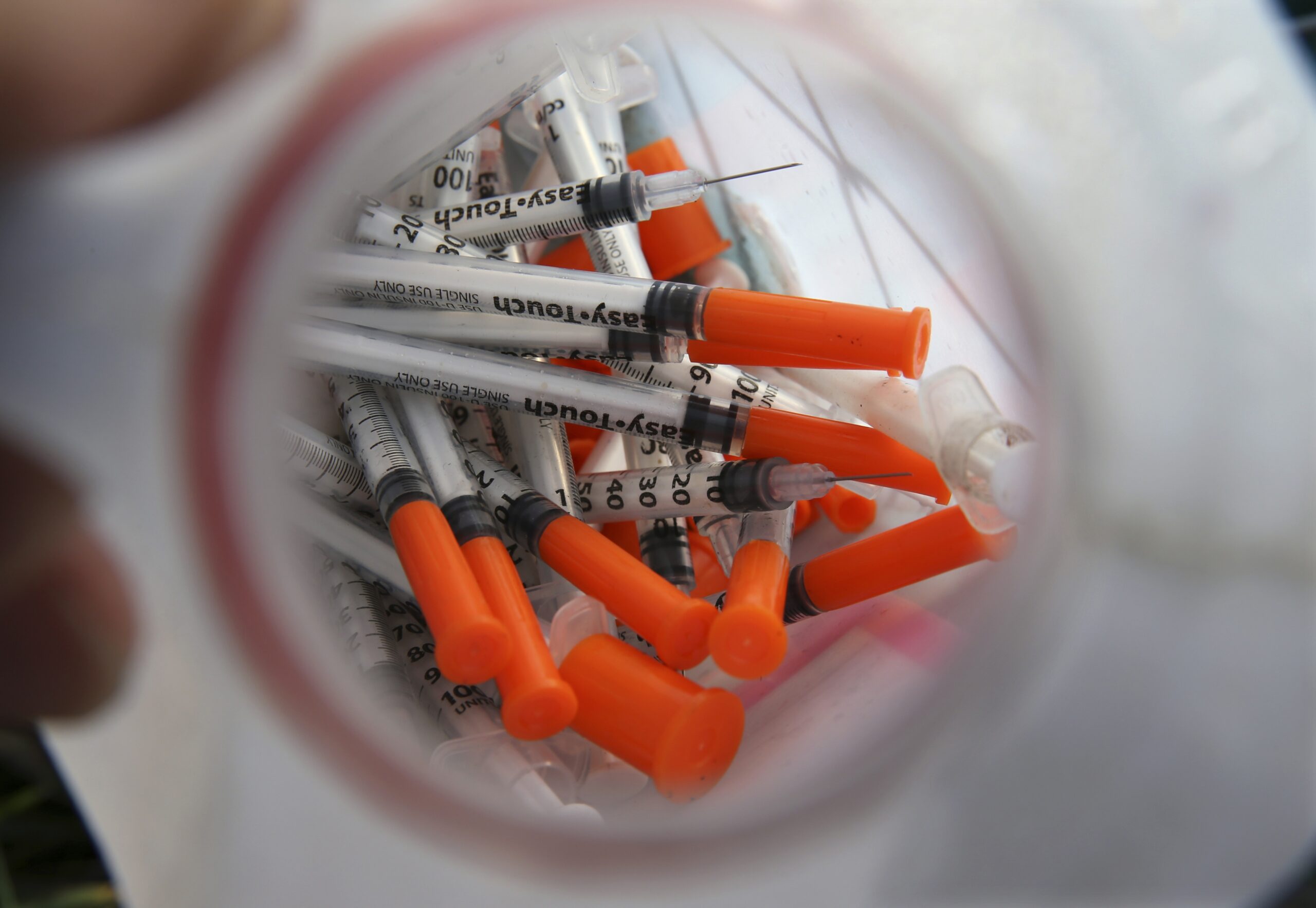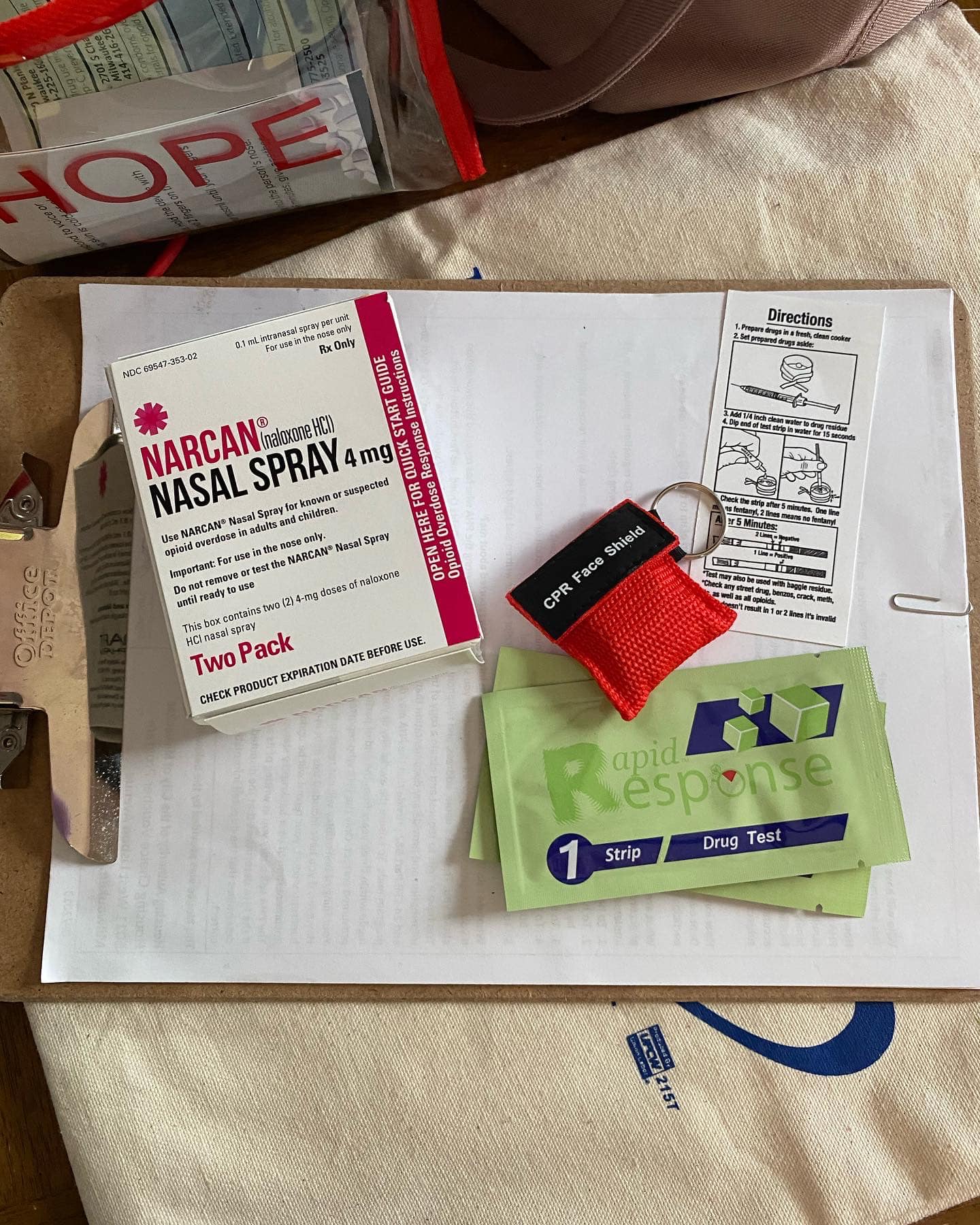Earlier this week, Tom Frieden didn’t mince words about rampant drug use.
Frieden, head of the Centers for Disease Control and Prevention, said addicts who inject drugs are spreading a disease for which there’s no cure.
“Opiates are threatening the progress we have made fighting HIV in this country,” he said, noting 45 percent of people injecting drugs share needles and it’s often younger users who do so.
Stay informed on the latest news
Sign up for WPR’s email newsletter.
The AIDS Resource Center of Wisconsin operates a needle exchange program. However, Scott Stokes, director of Prevention Services, said many clients are re-using needles for themselves, not sharing. What they are sharing is cotton used to filter drugs and cookers used to mix the drug.
“And (because of that), there is the potential for indirect sharing by sharing the other equipment,” Stokes said. “Like if somebody has a needle they only used on themselves, but they do have HCV (Hepatitis C virus) and they stick that needle they used on themselves before and stick it into a cooker that other people are drawing the drug out of the potential for everything being contaminated in that cooker is great.”
Frieden said the AIDS crisis peaked in 1993, and since then, cases have dropped dramatically among drug users. Stokes said there’s also been a downward trend in Wisconsin. Last year there were a total of 225 new HIV cases. According to the Department of Health Services, 4 percent were attributed solely to injection drug use.
Needle exchange programs prevent diseases and are cost effective, Frieden said, but currently less than 1 percent of federal HIV prevention goes toward syringe service programs (needle exchange).
“SSPs recognize that we have to deal with the world and the problems of the world as they are and not as we wish they were,” Frieden said. “We wish drug use were far less common than it is but in fact it common and sadly it has been increasing.”
Frieden said there has been an increase in the use of needle exchanges, with more than half of those who inject drugs having used needle exchanges in the past year. A decade ago only a third reported using sterile needles.
The AIDS Resource Center of Wisconsin does work with public health departments in Racine, Winnebago and Marathon counties as part of its needle exchange program. Those counties serve as satellites.
Wisconsin Public Radio, © Copyright 2024, Board of Regents of the University of Wisconsin System and Wisconsin Educational Communications Board.






